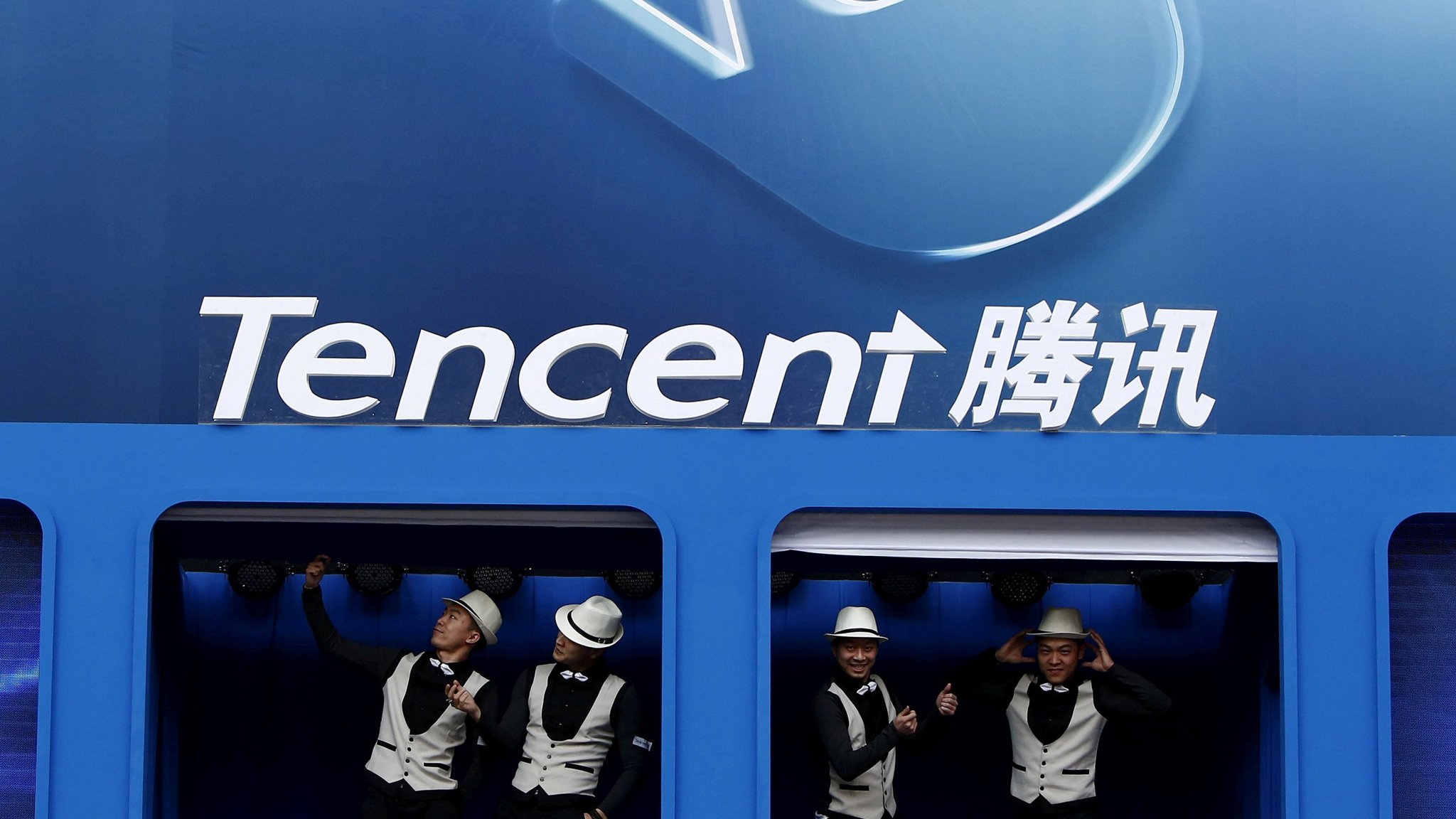A fake post purportedly from Tencent’s CEO fooled everyone, including Tencent

A WeChat story criticizing tech giant Tencent for “losing its dream” went viral on social media in China over the weekend. But what’s attracted even greater attention is Tencent CEO Pony Ma’s “reply” — which, it turns out, was fake.
The original 13,000-word story, published by a prominent blogger on Saturday, criticized Tencent for spending its time seeking investment-worthy apps instead of working on its own products. The story became an instant sensation on WeChat — a platform owned by Tencent — prompting both Tencent’s executive director and PR director to respond to the story in their WeChat Moments (similar to Facebook’s News Feed). “Tencent is an entity greater than the essayist describes; every part in the entity plays its role and pursues its goal; Tencent cannot be reduced to a product, a strategy or a person’s will,” the executive director said. Both directors agreed to be open to suggestions.
Although the story went viral, what made mainstream headlines the next day, May 6, was a purported reply from Tencent founder Pony Ma. “Tencent has no dream? Pony Ma: Dream is to make the best product, not make however much money,” read headlines, paraphrasing an alleged screenshot of Pony Ma’s chat history:

The reply dominated all news websites’ headlines, including Sina Tech News, Sohu News, TMT post, National Business Daily, and, ironically enough, Tencent News. Tencent employees reportedly shared the screenshot in their WeChat moments.
But just as the story was blowing up, a blogger called Zen revealed on his WeChat public account that, with the help of Photoshop, he had faked Pony Ma’s reply.
“I would like to first apologize to Tencent and Pony Ma,” Zen wrote. “The sole reason I did this was this operation” (possibly referring to the way self-media — perhaps WeChat specifically — works). He expressed surprise that even Tencent believed it, that “something I wrote in a few minutes would turn into a press statement from a company worth 3.64 trillion.”
Late Sunday, Tencent’s PR director confirmed that the purported Pony Ma reply was indeed fake. “But I believe the person did it out of good intentions,” the PR director added, a curious response to a fake news story that swindled everyone, including the company that he works for.
It is not rare to see misinformation on WeChat. Tencent admits that it blocks 1,000 untrue stories every minute. But a false WeChat story involving Tencent’s founder and fooling the entire Tencent corporation is unprecedented.
How ‘self-media’ in China has become a hub for misinformation
Just today, another story broke that the CEO of the state-owned dairy company Yili Group is suing two self-media bloggers for defamation. The two bloggers had claimed — falsely — that the CEO, who was not seen in public for months, was being investigated by police. That rumor was enough to result in a steep drop in the company’s share price. The two bloggers, for spreading this rumor, are now in police custody. (The prosecutor said that because the two posts exceeded the 5,000-repost threshold for defamation — one had nearly 6 million reposts and the other 10,000 reposts — they had extremely negative social influence.)
Tencent now collaborates with 800 third-party organizations to fact-check information on WeChat. In 2017, around 180,000 WeChat accounts were closed down for posting false information. If its founder is now the target of fake news, Tencent probably still has a long way to go.





